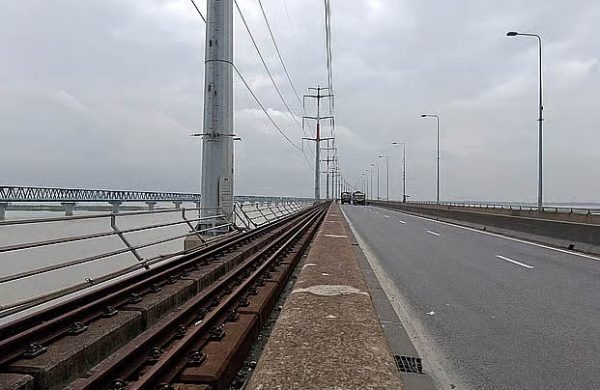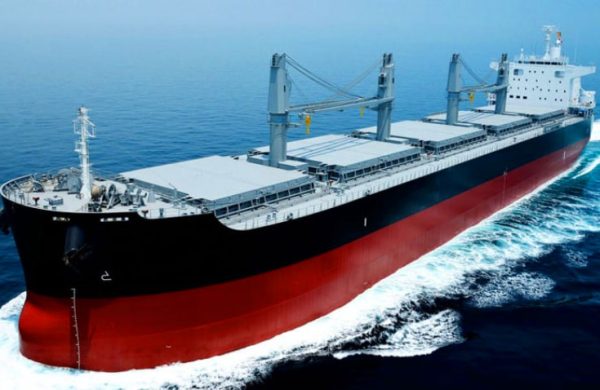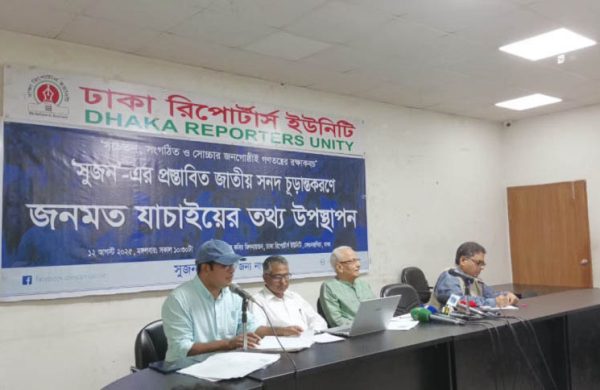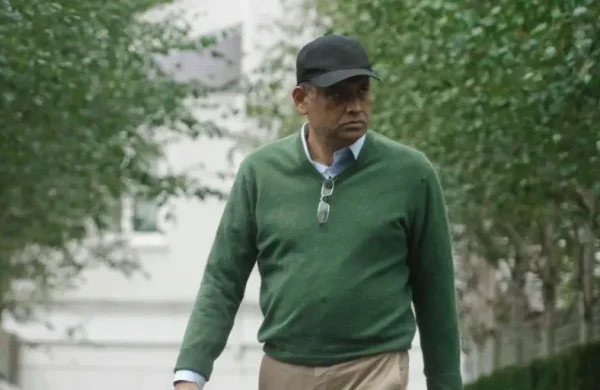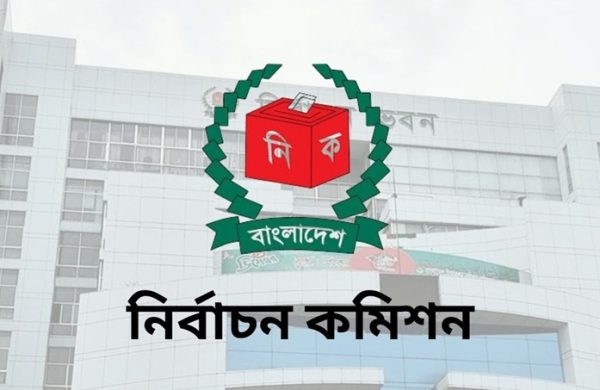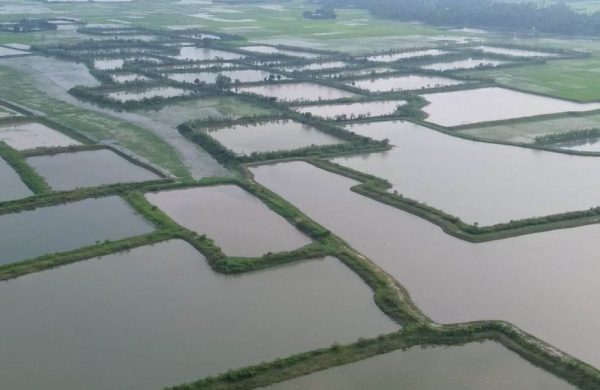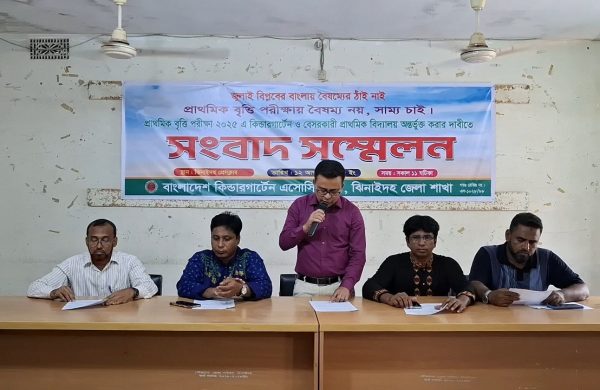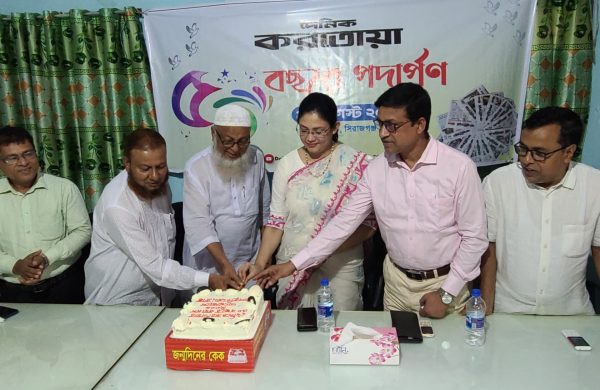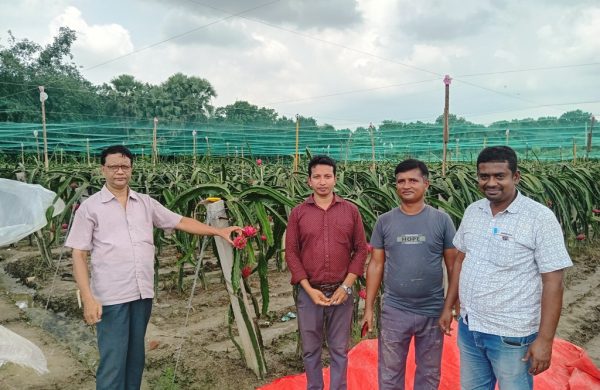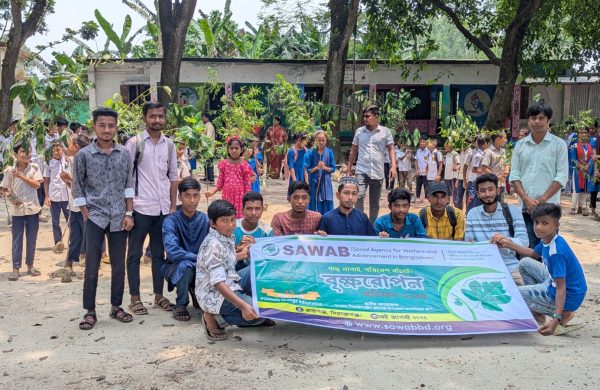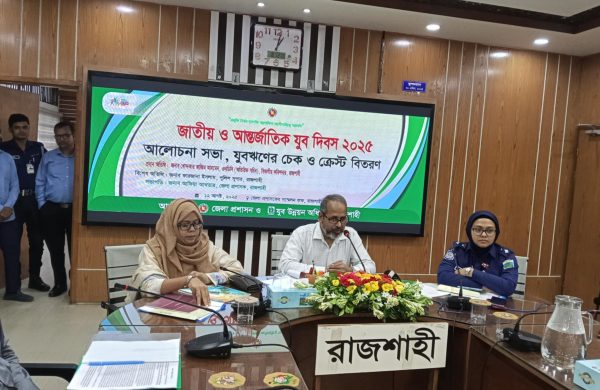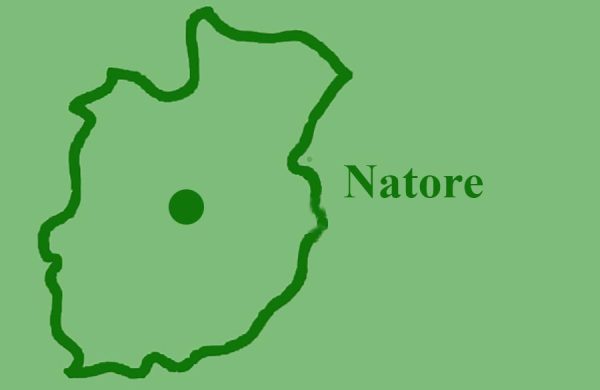Embezzlement under Fake Names: Greedy bank directors remain untouched
- Update Time : Sunday, May 18, 2025
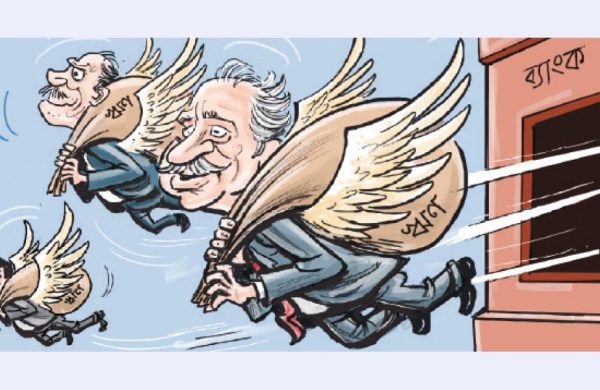
TDS Desk:
The money in banks belongs to the general public — but in Bangladesh, the very custodians of that money, the bank directors, have plundered it indiscriminately.
Masquerading as protectors, they looted colossal sums through collusion, often with directors of other banks. Using false identities, fake documents, and forged papers, they have siphoned off not just hundreds or thousands of crores, but close to Tk2.5 lakh crore.
This rare and massive banking fraud has unfolded right under the noses of regulatory authorities, who were either blindsided or compromised. The culprits, many of whom remain in powerful positions, succeeded in manipulating everyone involved. While the banks suffer from liquidity crises, customers wander helplessly for their money, and honest entrepreneurs are denied loans even at high interest rates — the ringleaders of this unprecedented financial scandal remain unpunished.
Analysts say these directors have treated the banking sector as a playground for embezzlement and must be held accountable.
According to data from Bangladesh Bank and discussions with financial analysts, there are currently 52 local (public and private) banks and 9 foreign banks operating in the country. These institutions collectively have 760 directors. Of them, over 100 are reportedly involved in widespread misappropriation.
The latest central bank report (as of 20 August last year) reveals that total loans issued to bank directors stood at Tk2.33 trillion — up from about Tk900 billion in 2016, marking a staggering 160% rise in just eight years. The updated figures from December are still being compiled.
Unable to borrow from their own banks beyond a certain limit, many directors struck deals with their counterparts at other banks, thereby securing massive loans in each other’s institutions. Directors also supported those who granted them such benefits, facilitating loans from their own banks as payback — making the corruption systemic.
As per central bank regulations, directors can only borrow up to 50% of their total shareholding from their own banks. However, there is no restriction on borrowing from other banks, which has enabled them to abuse the system through mutual collusion. Some directors have even hidden their loans by creating shell companies under the names of relatives, acquaintances, drivers, or assistants.
Data shows directors have taken Tk1,340 crore from their own banks, but loans from other banks exceed Tk2.32 trillion. A significant portion of these loans is non-performing.
Experts argue that over the past 15 years, many top businessmen have set up multiple ventures under different names. If all such loans were accounted for, the total sum owed by directors could exceed Tk5 trillion.
Mukhlesur Rahman, Chairman of National Bank’s Executive Committee and former MD of NRB and Shimanto Bank, “The sector’s fragility stems from weak processes, lack of policy, oversight, and accountability. Neither the bank management, the boards, nor the regulators were held accountable. Everyone compromised, becoming predators instead of protectors. Recovering this money will be very difficult and time-consuming. Moreover, banks can’t sue directly — cases must go through BFIU and ACC, which slows the process. The legal structure must be reformed to bring these people to justice.”
According to central bank data, 58 out of 61 banks (public and private) have issued thousands of crores in loans to directors. Sixteen banks have lent over Tk5,000 crore each to various directors.
A review shows Islami Bank leads the list, having lent around Tk27,000 crore to directors. Pubali Bank follows with Tk17,000 crore, and state-owned Janata Bank comes third with over Tk13,500 crore. EXIM Bank ranks fourth with the same figure, and United Commercial Bank is fifth with Tk10,000 crore in loans to directors.
Eleven other banks have also issued over Tk5,000 crore in loans to directors. These include Shahjalal Islami Bank and Dutch-Bangla Bank (each over Tk8,000 crore), Social Islami Bank, Prime Bank, and Agrani Bank (each over Tk7,000 crore), and Dhaka Bank, Bank Asia, and Southeast Bank (each over Tk6,000 crore). Directors at BRAC Bank, City Bank, and Eastern Bank have also received loans exceeding Tk5,000 crore.
Among private banks, AB Bank ranks highest in terms of directors taking loans from their own bank, with board members borrowing nearly Tk900 crore. United Commercial Bank (UCB) stands second with its directors having taken around Tk150 crore, followed by BRAC Bank at third with Tk90 crore. Standard Bank’s directors have borrowed Tk59 crore, placing it fourth, while Premier Bank ranks fifth with Tk52 crore in loans taken by directors.
According to data from the relevant department of Bangladesh Bank, the boards of 14 banks have been restructured following the change of government. Over 50 directors have lost their positions — many of whom have defaulted on their loans. Central bank officials say the number of loans held by directors has decreased as some influential individuals fled the country. Names of directors linked to groups such as S Alam, Beximco, Aramit, and Premier have been removed from the list. However, once the review concludes, the total amount of directors’ loans may still approach Tk1 trillion.
Notably, Ron Haque and Rick Haque Sikder of the Sikder Group have been removed from the board of National Bank. The Anti-Corruption Commission (ACC) has filed a case against them and eight other former directors of the bank over the alleged embezzlement of Tk469 crore. The accused include former state minister for water resources Enamul Haque Shamim, Parveen Haque, Monowara Haque, Md Naimuzzaman, Khalilur Rahman, Md Anwar Hossain, Mabrur Hossain, and Zakaria Taher.
Among major loan recipients is Salman F Rahman, former private industry and investment adviser to Prime Minister Sheikh Hasina. After the change in government, he was arrested. His son, Sayan Fazlur Rahman, lost his directorship at IFIC Bank due to loan default.
S Alam Group has taken the largest amount of loans from the banking sector. The National Board of Revenue (NBR) has launched an inquiry into controversial businessman Saiful Alam (S Alam) after the political shift. The tax authority has summoned bank records of Saiful Alam and his family members. Over 20 proxy directors — including Ahsanul Alam and Belal Ahmed — associated with financial institutions such as Islami Bank, Social Islami Bank, First Security Islami Bank, Union Bank, Global Islami Bank, and Commerce Bank have reportedly fled the country. Most are now beyond legal reach.
Former land minister Saifuzzaman Chowdhury, his wife Rukhmila Zaman — who chaired UCBL — and their family members have been removed from the board, as restructured by Bangladesh Bank. None of them is currently in the country.
Dr Mizanur Rahman, executive director of the Centre for Strategic and Peace Studies (CSPS), “In the last 15 years, a handful of directors have crippled the entire banking sector. They took out loans under their own or false names and laundered the money abroad. These loans have now turned into a cancer. The best way to recover them would be to liquidate their collateral — but even then, it wouldn’t cover 10% of the dues. Therefore, the government should negotiate through Interpol and bring them back for trial.”
Bankers say the entire administrative structure of the sector is under illegal and unethical pressure from board directors. From loan approvals to recruitments, directors exert reckless and corrupt influence. Almost every public and private bank now carries a mountain of non-transparent loans, and managing directors (MDs) are effectively hostage to their boards.
Sources indicate that directors make all key decisions — including approving low-interest loans and restructuring — while regulatory probes often appear superficial, rarely leading to serious action.
Yet, the majority of clients in Bangladesh remain honest. Several industrial groups are contributing significantly to employment through their own capital. But when they approach banks for expansion, they face high interest rates, excessive conditions, and harassment. These genuine borrowers run from bank to bank, while looter directors live lavishly at home and abroad with embezzled funds, untouched by the law.
As per regulations, an individual must hold at least 2% of shares to qualify as a director, and no family or group may hold more than 10%. However, to retain control, directors often hold the majority of shares through proxies — a fact confirmed by central bank investigations.
During the formation of first- and second-generation banks, some founders became directors with investments of just Tk5–10 crore. Others held shares worth only Tk20–50 lakh, yet many of them took loans ranging from several hundred to several thousand crore taka.


